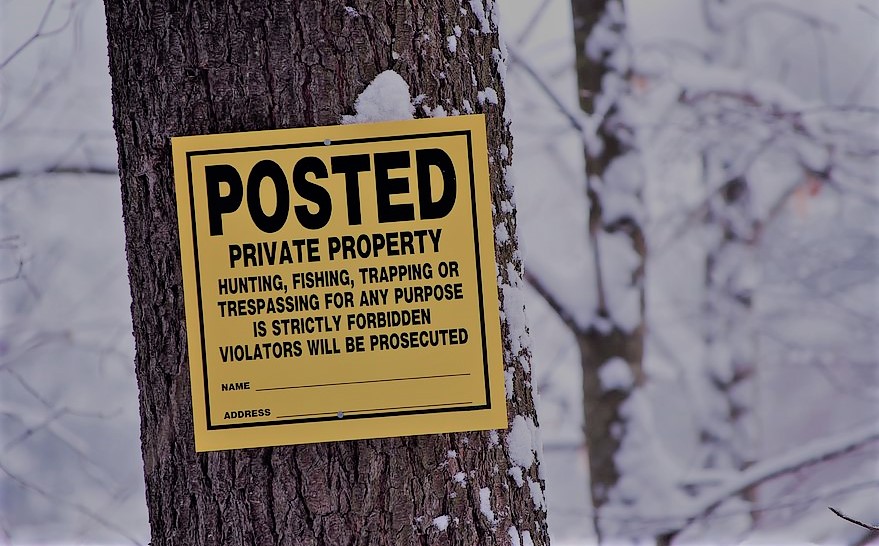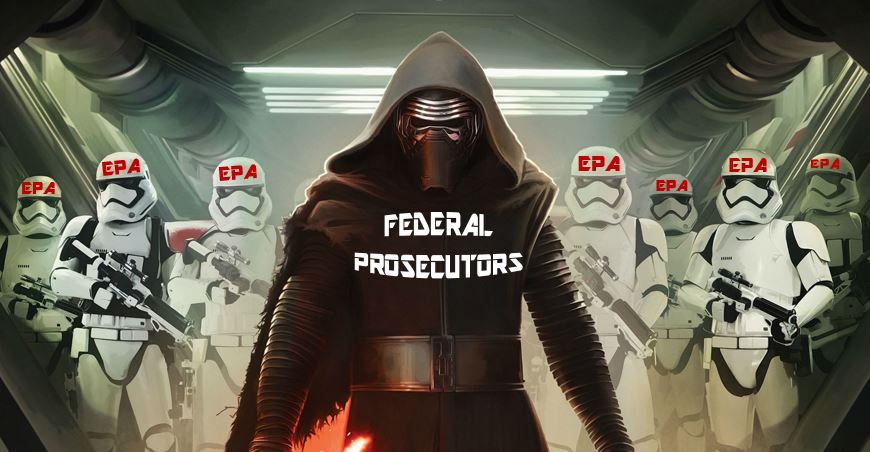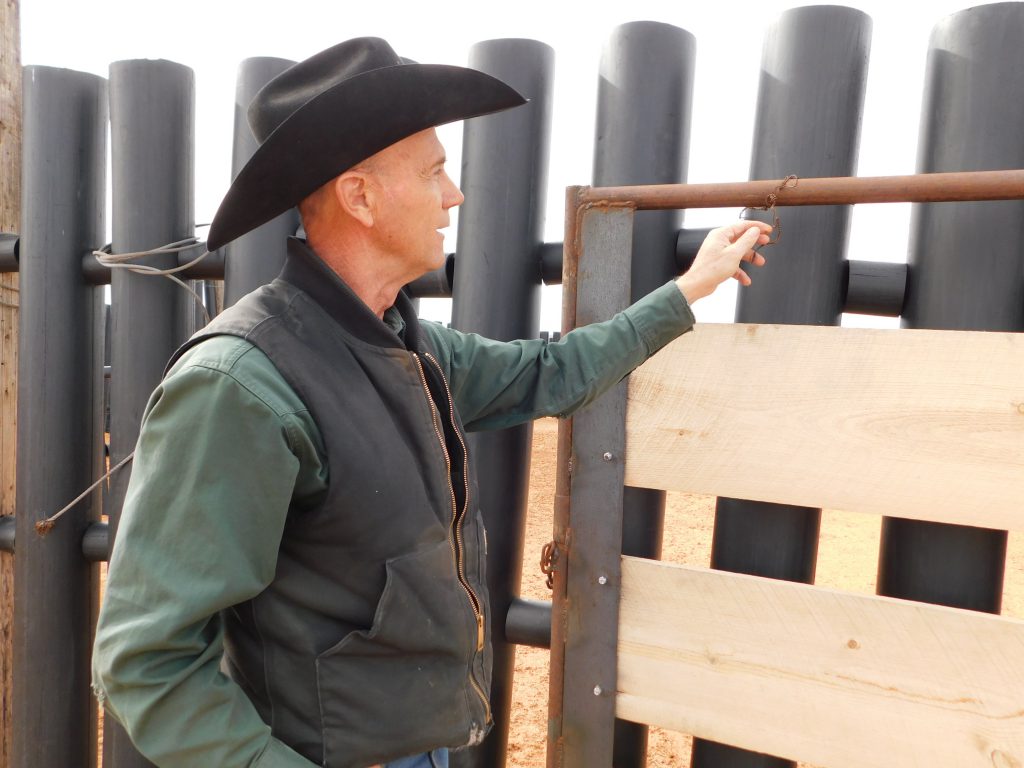“Thanks to Rose’s courage and the Supreme Court’s careful examination of this issue, property owners should now receive a prompt and fair federal hearing when the government takes their property for public use but fails to pay compensation.”
Supreme Court ruling confirms property rights aren’t second-class rights

Washington, DC; June 21, 2019: This morning, the U.S. Supreme Court delivered a major victory for PLF client Rose Knick and all property owners, allowing them to fairly fight back when government takes their property without paying for it.
In Knick v. Township of Scott, Rose Knick asked the Supreme Court to overturn a 1985 precedent that allowed federal courts to refuse to hear her challenge to a local ordinance that forced her to allow public access to her private farmland.
The decision held that the precedent, known as Williamson County, was wrongly decided, and that federal property rights are entitled to the same respect in federal courts as other constitutional rights. For Rose, who made the trip from Pennsylvania to D.C., first in October, then in January after the justices called for a rare reargument, the decision is a huge relief.
“I’m so thankful for all the time the Supreme Court spent on this case and for the hard work PLF has done to protect the property rights of all Americans,” Rose said. “All I’ve ever wanted was to be able to enjoy my farm in peace and quiet. Now I can actually hold the Township accountable for taking my private property in federal court!”
Writing for the majority, Chief Justice John Roberts said, “Williamson County was not just wrong. Its reasoning was exceptionally ill founded and conflicted with much of our takings jurisprudence.”
“The Court’s decision to reject barriers that unfairly deny property owners their day in court sends a message that property rights are just as sacred as all other rights,” said PLF attorney Dave Breemer. “Thanks to Rose’s courage and the Supreme Court’s careful examination of this issue, property owners should now receive a prompt and fair federal hearing when the government takes their property for public use but fails to pay compensation.”
Today’s decision will change the way takings claims are litigated nationwide, offering quicker and more certain relief to property owners whose property is taken by state and local governments.
Background:
In 2013, government agents forced Rose Knick to allow public access to a suspected gravesite on her farmland. Rose sued over the unconstitutional property taking. But a federal court refused to hear her federal claim citing the 1985 Supreme Court decision Williamson County. Rose has asked the Court to overturn this precedent so property rights are on equal footing with other rights such as due process and free speech. In a major ruling announced on June 21,2019, the Supreme Court agreed with Rose that federal courts cannot turn away takings cases like hers, because property rights are just as important as all other rights protected by the Constitution.
Supreme Court Transcript
Supreme Court Oral Argument Audio
Hundreds of years of property records find no gravesites on Rose Mary Knick’s 90-acre farm in Scott Township, Pennsylvania—a rural area on the eastern side of the state. Rose lives alone on the property, which has been in her family since 1970. Other than farming activity she allows in her fields, Rose treasures the peace and quiet she finds nowhere else.
Lack of evidence notwithstanding, Scott Township officials enacted a so-called graveyard law in 2013, and forced Rose to allow unrestricted public access across her private property to visit a suspected gravesite.
Rose sued over the unconstitutional property taking. But a federal court refused to hear her federal claim, citing Williamson County Regional Planning Commission v. Hamilton Bank. This 1985 decision by the U.S. Supreme Court said property owners must take their federal property rights claims to state courts before bothering with federal courts.
Williamson County gave property rights second-class status, that is, the only rights guaranteed by the Constitution not directly enforceable by federal courts.
Rose has asked the Supreme Court to review and overturn this procedural justice-buster and put property rights on equal footing with other rights such as due process and free speech.
Pacific Legal Foundation argued Knick before the Supreme Court on October 3, 2018, and again on January 16, 2019, after the High Court ordered a reargument.
On June 21, 2019, the Supreme Court agreed with Rose in a 5 to 4 decision that property rights protected under the Fifth Amendment have just as much clout as the rights protected in the rest of the Constitution. Writing for the majority, Chief Justice John Roberts said, “Fidelity to the Takings Clause and our cases construing it requires overruling Williamson County and restoring takings claims to the full-fledged constitutional status the Framers envisioned when they included the Clause among the other protections in the Bill of Rights.”
The decision means that after 34 years, Rose and all American property owners can fight in federal courts to get quicker and more certain justice when their property is taken.
Read more about this case at PacificLegal.org
Free Range Report
Thank you for reading our latest report, but before you go…
Our loyalty is to the truth and to YOU, our readers!
We respect your reading experience, and have refrained from putting up a paywall and obnoxious advertisements, which means that we get by on small donations from people like you. We’re not asking for much, but any amount that you can give goes a long way to securing a better future for the people who make America great.
[paypal_donation_button]
For as little as $1 you can support Free Range Report, and it takes only a moment.




I wonder if this can apply to Mining claims as a mining claim is taxed and accepted as real estate.
Great question. Even though mining claims are a split estate, there is still a recognized property right in the mining claim.
Thank You for printing this. Any talk of class action for multiple land owners whom have had land theft by designation, etc.?
That would be one helluva broad class action suit. It’s worth looking into. Government at all levels has been violating private property rights for decades.